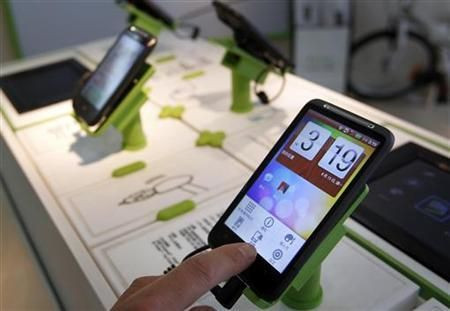Android Pay eyes more users with new promotional push but hurdles loom for OS

Google is putting more money to get users to take a shot at its mobile payment platform: Android Pay. The company will be pushing a new promotional strategy to rack up users. However, it may need to do more than just invest in marketing as new research suggests that Android's future is certain if it cannot address issues on open-source variant and fragmented ecosystem.
Google’s SVP of ads and commerce, Sridhar Ramaswamy, disclosed the initial figures of Android Pay since its launch in September. However, the numbers released last Monday were not as detailed. According to the executive, "millions" of Android owners already linked their credit information to the system. Nonetheless, there are 60 percent more who are yet to use Google Wallet. The Wallet was Google's initial bid to mobile payments before it decided to regroup through Android Pay.
The new loyalty program is in collaboration with Coke. According to the program, when people buy a soda through their Android phones, they get reward points which they can use for future Coke purchases. Coca-Cola has already around 20,000 NFC-enabled vending machines.
Despite the promise of Android Pay and the millions of users that it can attract, the ecosystem's fragmentation and open-source nature remain a problem, according to Business Insider. A new report from BI Intelligence suggests that Android is the most widely used platform but the problem lies with disparity among users. Around one third of Android users are still running on mobile OS versions released in 2012 or earlier. Without a cohesive platform, it is impossible for Android to develop robust security. Fragmentation also complicates many applications.
Nonetheless, fragmentation is also a source of opportunity for the company. Consumers have more options under Android. There are more than 24,000 units of Android devices around under 1,300 brands. Android still has no control over "forked' versions of the platform but at the very least this contributes to greater usage or market reach. Google has to reconcile the process and disparity among its manufacturers if it wants to take advantage of emerging markets and the next billion users.
Contact the writer at feedback@ibtimes.com.au, or let us know what you think below.





















